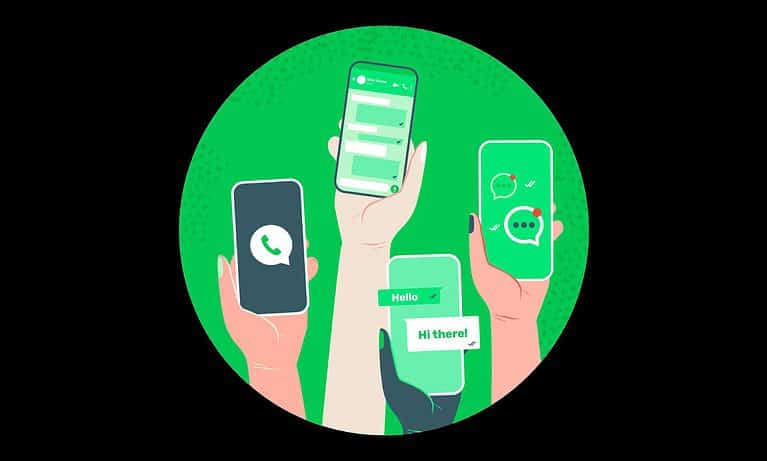WhatsApp is dealing with a bug on some Android phones. Owner Meta argues that the app falsely claims to have microphone access. A month ago, a Twitter employee questioned why WhatsApp was using the microphone in the morning, but it was said to be a false positive.
The tweet was picked up by Twitter CEO Elon Musk. “WhatsApp cannot be trusted,” Musk said. As mentioned, WhatsApp claims it’s a false positive. That is rather hard the check for end users, and for organizations that rely on WhatsApp. It’s also not the first time a development around WhatsApp has caused headaches.
Trust
WhatsApp offers end-to-end encryption, a privacy measure that ensures messages can only be read by the sender and receiver. Yet the app has been in disrepute around privacy issues before. The EU called WhatsApp to task early last year over an opaque privacy policy.
Ultimately, it is entirely about trust when it comes to using communication apps. For example, many organizations and companies have switched to Signal or Telegram because these products are said to handle issues around security and privacy more carefully and transparently.
For employees of companies handling sensitive data, sometimes communicating with colleagues via a messenger application such as WhatsApp is the only practical option. Unwanted microphone access would be extremely worrisome in such a company, even though it is likely that this is simply a bug. Then again, WhatsApp has had to face large fines thanks to the privacy policies it has in place. On top of that, it has had to pay authorities for illegally processing personal data. In sum, it doesn’t have the best track record. Organizations would do well to refrain from WhatsApp use, at least for sensitive communication.
